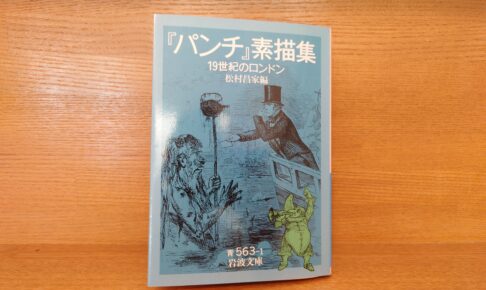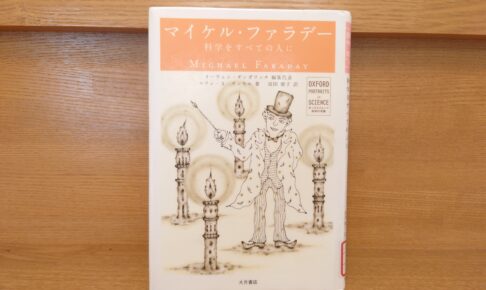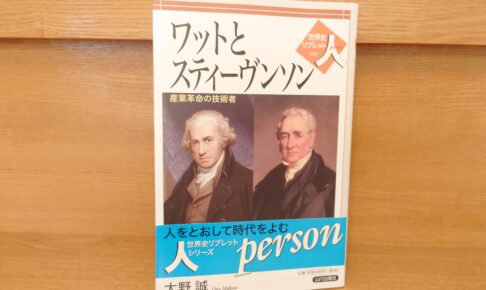Masaie Matsumura (ed.), "Punch" Drawings: London in the 19th Century - London in the Industrial Revolution through caricatures! What did Marx Engels see?
This work is an excellent introduction to London during the Industrial Revolution of the 19th century.
The most distinctive feature of this work is the large number of caricatures that can be seen. Punch" magazine was a sharp satire and social commentary on life in England at the time.
We have been learning about Marx and Engels on this blog, and we appreciated this work to learn more about their life in England and their ideological background.














































